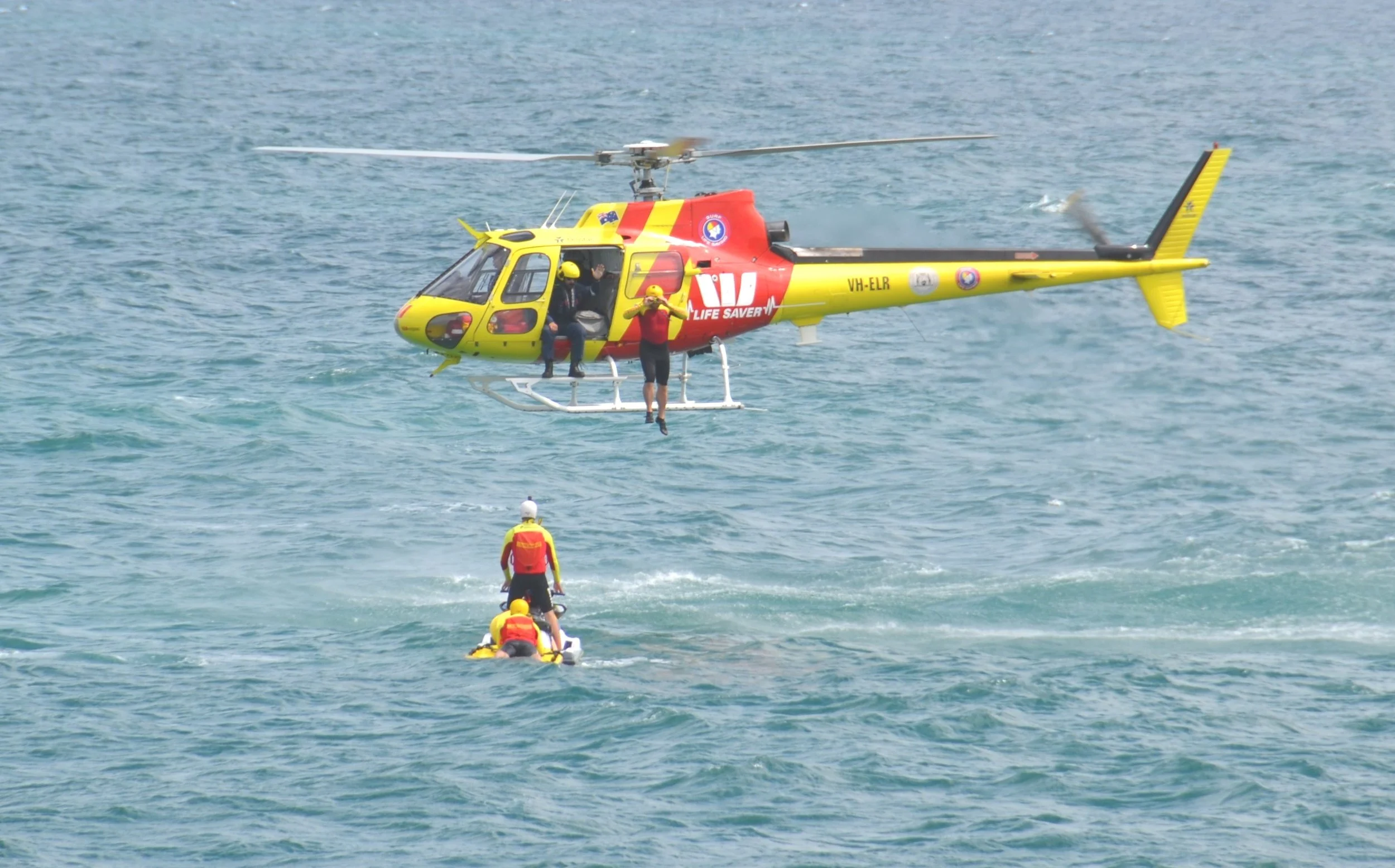
General Patrol & Volunteer Obligations
How to contribute to beach safety, lifesaving operations and the success of the Club.
-
All Cadet, Active Junior (15-18) and Active Senior (18+) members must earn a minimum of 16 hours per season.
Failure to achieve the minimum number of hours may result in termination, suspension or the imposition of probationary membership status.
If the member is joining once the season is already commenced then only 8 hours are required for the members first season.
-
If you cannot patrol as part of a patrol team due to work committments, like a FIFO roster, illness or injury, you have the following options:
Apply to the Chair of Lifesaving for approval to patrol in non-rostered patrol opportunities
e.g. some public holidays, Abalone Patrol, Surf Sport Carnival Water Safety or service hours.
Apply to the Chair of Lifesaving for a patrol hour exemption
Nominate to a patrol and request substitutes via the SLS Members Area and catch up your missed patrol hours on a different patrol.
-
Service Hours are different to Patrol Hours, they are usually non-lifesaving and patrol related.
For the minimum patrol hour requirement (16 hours), at least 4 hours must be active patrol hours.
Members can earn an unlimited number of service hours by carrying out other volunteering at the Club. This could be general maintenance, cleaning, coaching services or other work as agreed.
All Service Hours must be approved by a Board Member or the General Manager. -
If a member is unable to patrol or fulfill their volunteer obligations, they must apply for an exemption before the start of the season, or as near to the start of the season as is possible.
The Chair of Lifesaving will assess these requests and determine approval on a case-by-case basis.Please note: repeated exemption requests will be subject to closer review, as all active members are expected to contribute to the club's operations in some capacity.
-
Athletes who compete in the State and National Surf Life Saving Championships must have AT LEAST 16 Patrol Hours within a calendar year (Jan - Dec of the previous year).
The only exceptions are for newly joined members and those who have earned Long Service Membership (10 years of patrol service).

Ways of Patroling
-
Patrolling throughout the season as a team member of one of the 20 patrol teams.
-
Members of the IRB section are highly skilled lifesavers and are qualified as either IRB Crew or as a Silver Medallion IRB Driver (SMIRBD).
Members will patrol at North Cottesloe Beach over the season or provide water safety at Surf Carnivals or other specialist patrol events, such as open water swims (like the Rottnest Channel Swim) or Abalone Patrols (Abalone Fishing Season).Members must hold their Bronze Medallion qualification before attaining higher awards. Drivers must hold their Recreational Skippers Ticket. Learn more here.
-
Our RWC Operators are part of an elite team that serve both North Cottesloe SLSC and the SLSWA Emergency Response Team.
These operators are highly skilled and can be deployed when surf conditions are too dangerous for other rescue methods or as part of search and rescue or other emergency response operations.
Members wishing to hold an RWC qualification must have their Bronze Medallion Qualification, Recreational Skippers Ticket and, ideally, their SMIRBD - however this is not mandatory.
-
Certain carnivals will require North Cottesloe SLSC to provide lifesavers to provide water safety.
Members with Bronze Medallion and higher awards can provide water safety at Surf Sport Carnivals up and down the coast during the surf season. A call out to active lifesavers will be made via the Club Newsletter or via SMS.
-
Members (usually Cadets) can earn patrol hours by providing water safety throughout the duration of the Nippers Programme which operates on Sundays 0800 to 1030, from October to March.
Start and end dates will vary seasonally.
-
All patrol teams have at least one rostered public holiday patrol.
Other public holidays are volunteer based and members are encouraged to patrol on these dates.See the Patrol Calendar for specific dates for the current season.
-
Abalone Patrols are a dedicated surf lifesaving initiative held during the regulated abalone fishing season, ensuring the safety of recreational fishers in challenging coastal conditions. Trained lifesavers monitor high-risk areas, equipped with rescue boats and jet skis, ready to respond quickly to incidents.
These patrols play a vital role in preventing accidents and saving lives during the popular fishing season.
-
The Club will, from time to time, required water safety during Bronze Medallion or Surf Rescue Certificate courses. These will be advertised in the club newsletter.



